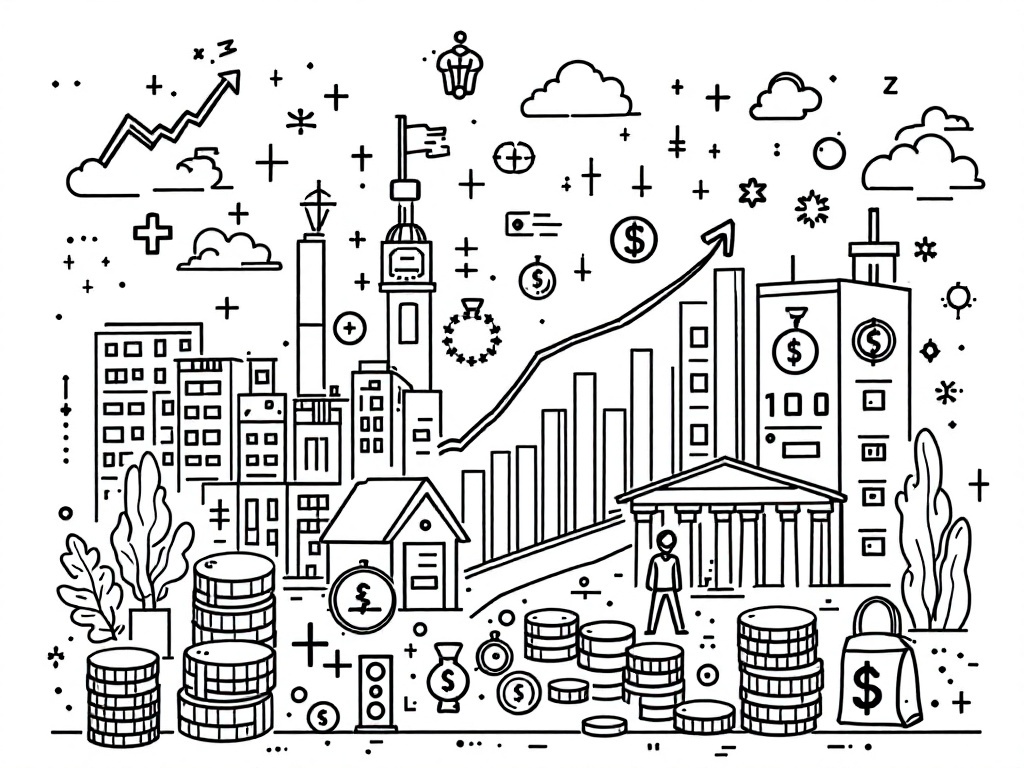Sharing Economy Set to Double by 2032, Driven by Gen Z

San Francisco, Saturday, 16 November 2024.
The global sharing economy market is projected to reach $827.1 billion by 2032, growing at a 7.7% CAGR from $387.1 billion in 2022. Generation Z dominates the market, accounting for nearly half the share. This growth is fueled by cost-effective alternatives to traditional services, particularly in transportation and accommodation sectors.
The Driving Forces Behind the Growth
The sharing economy’s expansion is primarily driven by the increasing demand for cost-effective and diversified services. Generation Z, in particular, favors alternatives to conventional accommodation and ride-hailing services, seeking authenticity and non-traditional experiences. This demographic’s preference for affordable and flexible options has significantly influenced the market dynamics, with the transportation sector alone accounting for two-fifths of the market share in 2022. As the sector continues to evolve, these preferences are expected to accelerate growth at a CAGR of 7.7% from 2023 to 2032[1].
Regional Dominance and Market Players
North America plays a pivotal role in the sharing economy, contributing over one-third of the global market revenue in 2022. This region is anticipated to maintain its leadership through 2032, driven by a robust demand for ride-sharing services and authentic, non-traditional accommodations. Major players like Uber Technologies, Inc., Airbnb, Inc., and Lyft, Inc. are at the forefront, leveraging strategies such as acquisitions and partnerships to bolster their market presence[2].
Challenges and Opportunities
While the sharing economy presents vast opportunities, it also faces challenges. Data privacy concerns and the risk of fraud are significant hurdles that could impede growth. However, the integration of advanced technologies, such as intelligent data analysis, offers a path to enhance transaction efficiency and address these challenges. By optimizing data sets and improving platform operations, companies can further capitalize on the sharing economy’s potential[3].
Future Outlook
Looking ahead, the sharing economy is poised to reshape traditional economic models. The projected growth to $827.1 billion by 2032 underscores the sector’s potential to influence global economic patterns profoundly. As platforms continue to innovate and adapt to consumer preferences, the sharing economy model will likely see enhanced efficiency and sustainability, offering significant economic benefits to both consumers and businesses alike[4].